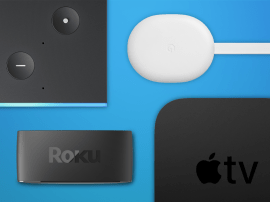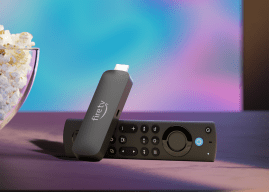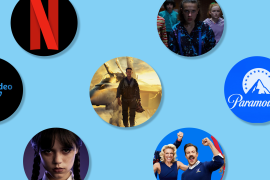Amazon’s Top Gear tie-up is a sucker punch to the entire TV industry
As Clarkson, Hammond and May head to on-demand digital, the old guard’s starting to look surplus to requirements
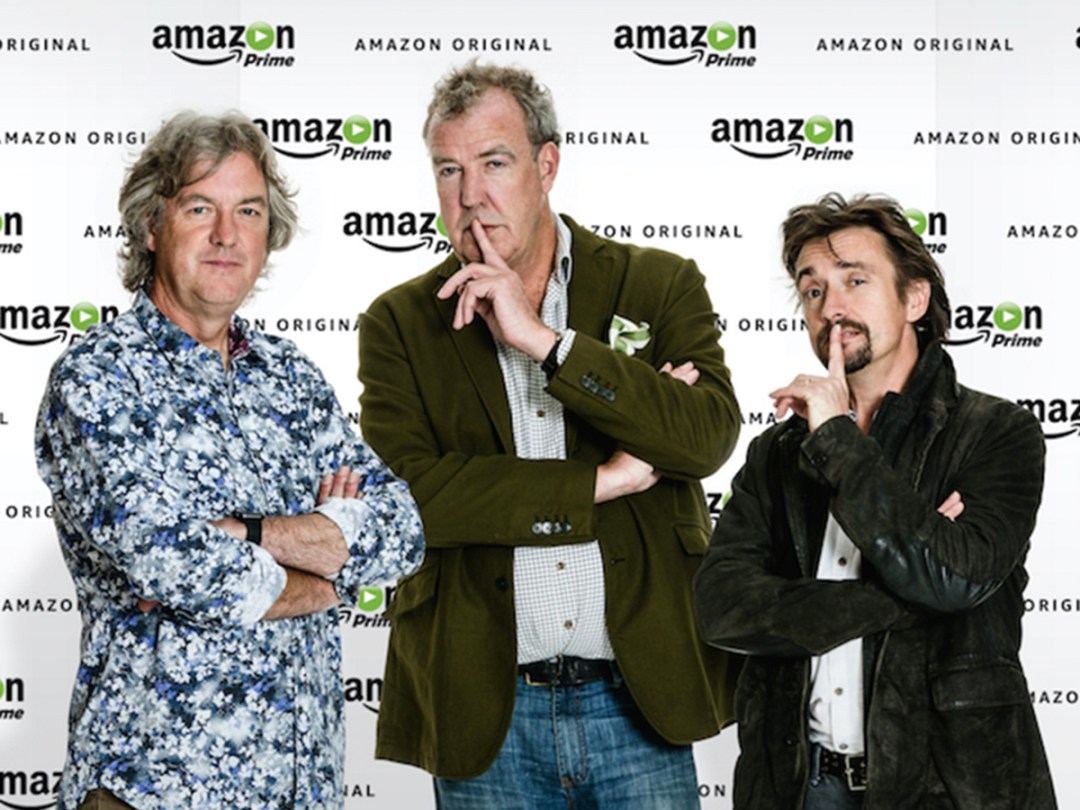
Top Gear producer Oisin Tymon might have felt the impact of Jeremy Clarkson’s fist, but the entire TV industry will by now be dizzy from the blow that just landed on their collective face.
In a deal the FT reported to be worth a whopping US$250 million, Top Gear‘s upping sticks and moving to Amazon Prime, in all but name. The new car show will debut in 2016, again teaming up Clarkson with James May and newly bearded miniature-Tony-Stark-wannabe Richard Hammond, along with long-time producer Andy Wilman.
Regardless of what you think about Top Gear — or at least the core of Top Gear, given that the brand remains owned by the BBC and won’t be going along for the ride — you can’t help feel this is a smart strategic play for Amazon, a potential blow for Netflix, and yet another signal that telly has changed forever.
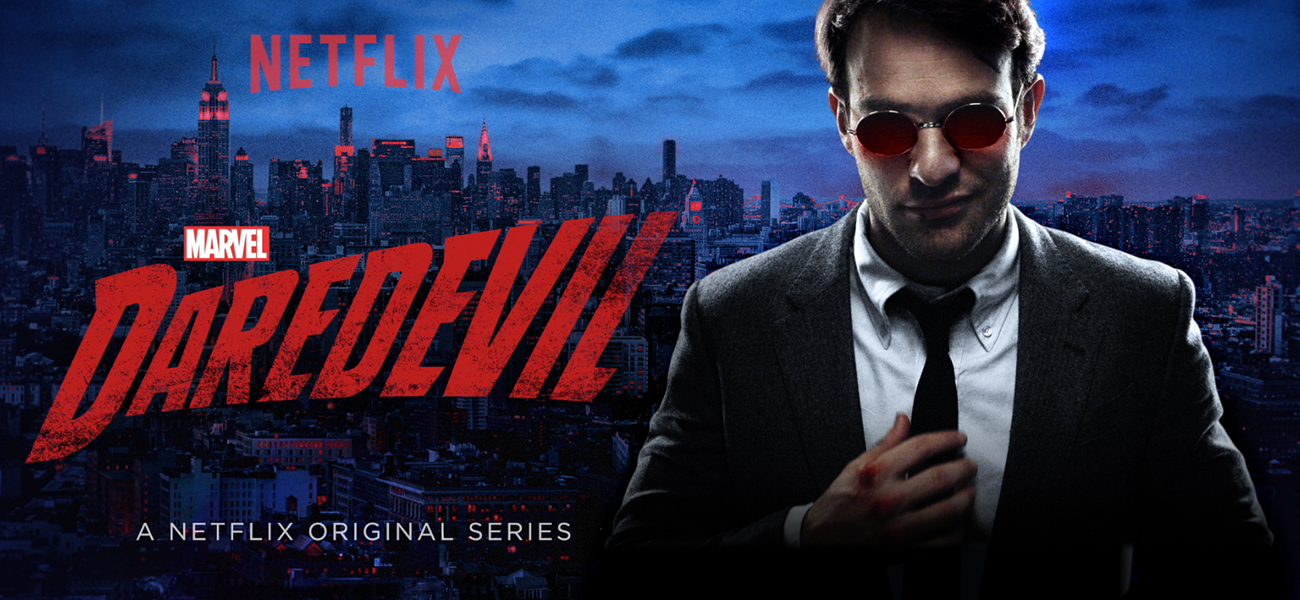
Reportedly, non-compete clauses stopped Clarkson and chums signing up for a rival British broadcaster, but you have to wonder whether there was more to it than that. They could have presumably fled to the US, but would have been stuck with a show infested with advertising and having to pander to advertisers. “No you can’t saw a BMW in half and say that about Germans, Jeremy,” a desperate lawyer holding a tattered script would scream before being hurled out of the window, having made the terrible error of not bringing along a piping-hot steak dinner as a suitable distraction.
But digital is different and it’s reinventing not only how we consume television, but also how it’s created and presented. On Amazon Prime and Netflix, there are no ads within shows. The focus of creators is therefore no longer split between appeasing audiences and companies selling things, and viewers aren’t abruptly forced to sit through endless desperate attempts to flog toothpaste and sofas.
Often, you can ‘binge’ on an entire series at once. And with the original content these services are increasingly offering, there’s no faffing about with broadcast ‘windows’. If you’re, say, building a house extension and can’t watch TV for two months, you won’t suddenly find you’ve missed, for example, an entire series of Episodes and cannot access it anywhere legally. (This may have happened to your still miffed reporter…)
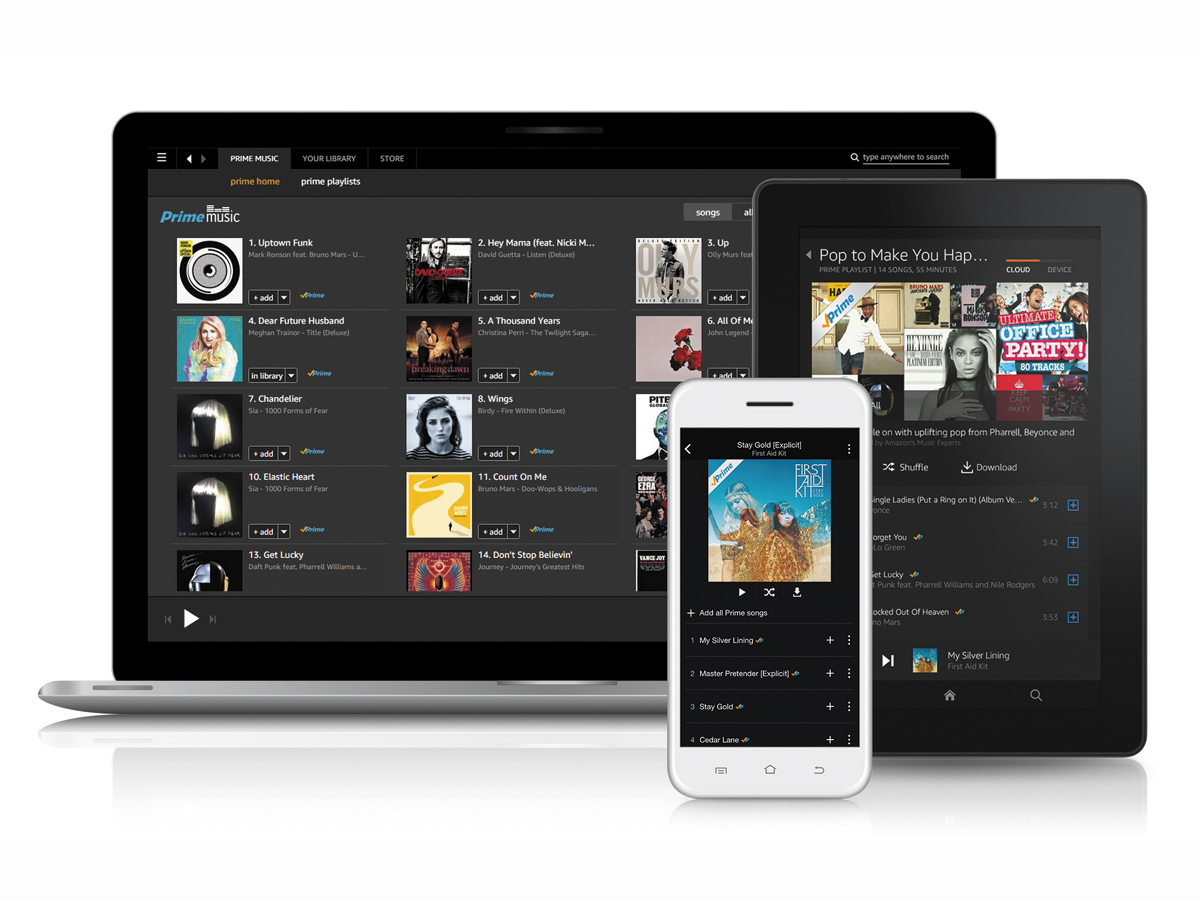
There are still questions. Will something so reckless and stupid fall out of Clarkson’s mouth that the entire Amazon brand will be tarnished? How much creative freedom will the team really have, given that it’s now being backed by an American corporation rather than the BBC? What reach will the new show have compared to the old one? Will long-time fans who aren’t already Amazon Prime subscribers fork out 80 quid per year, in order to watch three old gits arse about in cars? How much of a draw is ‘New Top Gear‘ and will it be more New York or New Coke, in terms of improving on the original?
What we can guess at is fans will perhaps switch from other services, purely for this show, causing concern for Netflix. And once you’re hooked on other aspects of Amazon Prime (notably, free next-day delivery for all Amazon orders, but also the new Prime Music and Kindle Lending Library), job done. Which also makes it unlikely existing subscribers will switch away because of Clarkson and co’s arrival.
Terrestrial broadcasters will crow about reach and tradition, trying very hard indeed to ignore their audiences gradually departing, and the comparatively dreadful state of the user experience when watching their channels. And the BBC will very quickly find out whether Chris Evans will be more fuel injection or lethal injection when it comes to the long-term survival of ‘actual’ Top Gear, while simultaneously wondering what other teams will jump ship.
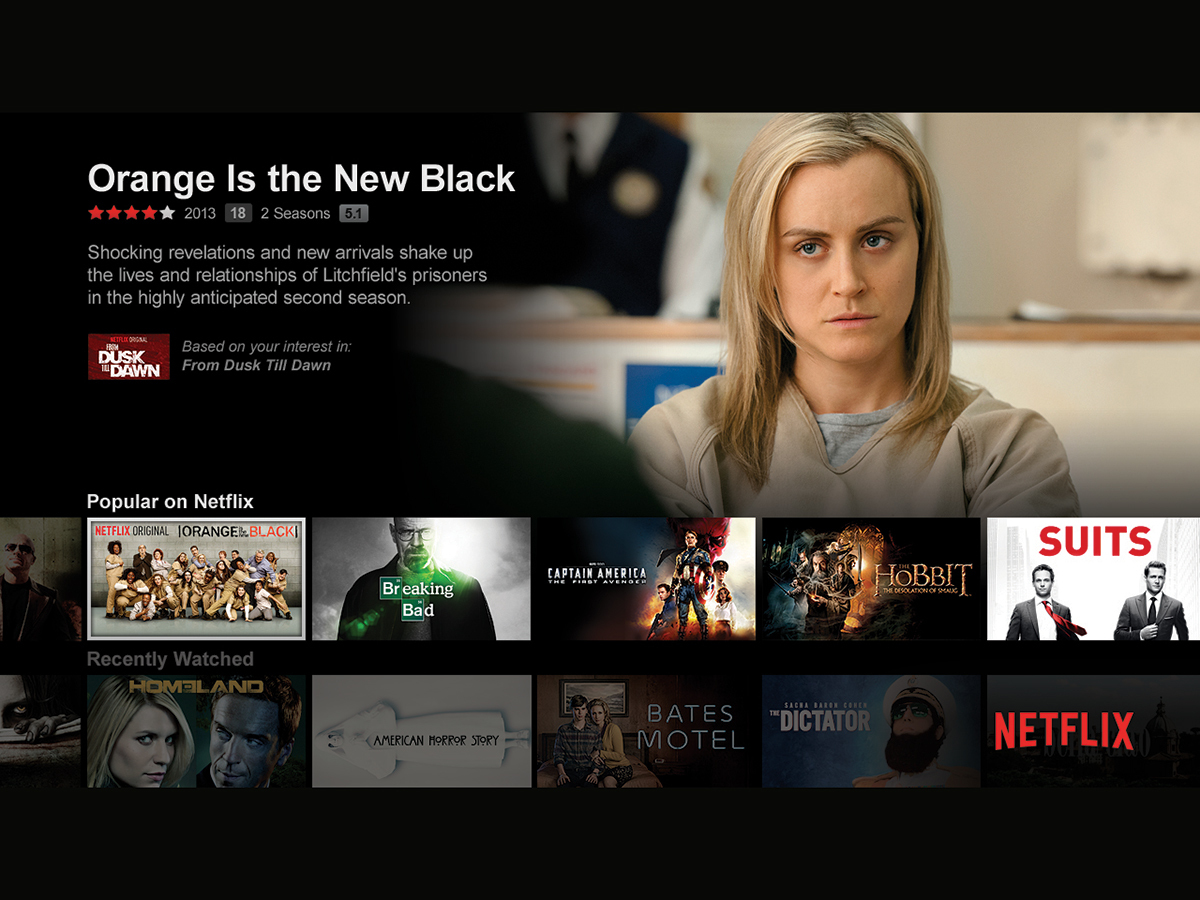
For all of us watching, the future possibilities are exciting. Terrestrial telly will have to up its game or won’t be able to compete, while digital services will become increasingly ballsy, having transformed themselves from on-demand DVD bargain bins to outlets for compelling and essential viewing.
Perhaps the one snag is shifting to a future where people switch expensive cable and satellite subscriptions for one or more locked, paid silos with exclusives that aren’t widely shared. Still, if Amazon’s really smart, it’ll follow Netflix’s lead and sell its new car show on shiny disc and the likes of iTunes once it’s had a good run on Prime. Just don’t expect to see it when you’re flicking through the old-guard’s channels any time soon.

